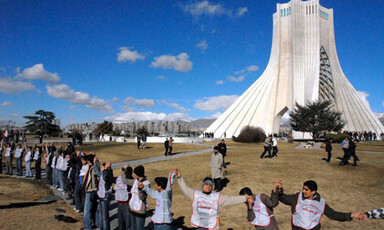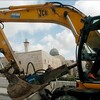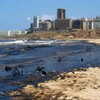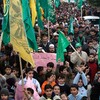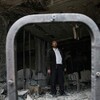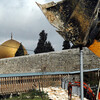
UNESCO voices 'deep concern' at Israeli construction work in Jerusalem
8 February 2007
The head of the United Nations Educational, Scientific and Cultural Organization (UNESCO) voiced his “deep concern” today over construction work initiated by Israel in the Old City of Jerusalem and called for the suspension of any action that could exacerbate tensions. UNESCO Director-General Koichiro Matsuura noted in a statement that the Old City is protected by the UN Convention concerning the Protection of the World Cultural and Natural Heritage (1972), and is inscribed on the UN World Heritage List and the List of World Heritage in Danger. Read more about UNESCO voices 'deep concern' at Israeli construction work in Jerusalem
